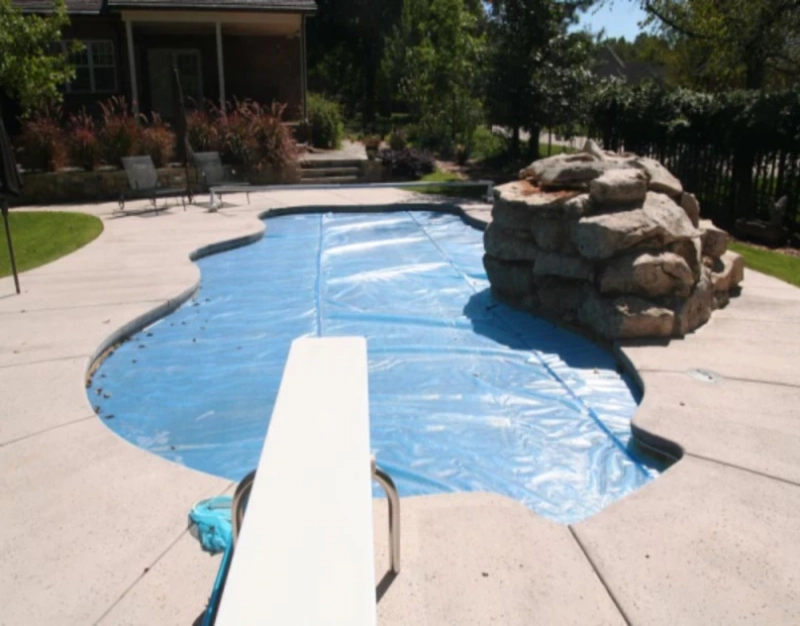A gunite pool is a popular choice for many homeowners looking to add a swimming pool to their backyard. It is a type of pool that is constructed by spraying a mixture of cement and sand onto a steel framework. Gunite pools are known for their durability and customizability, but like any other pool, they also have a lifespan. In this article, we will take a closer look at the average life of a gunite pool and factors that can affect its longevity.
What is a gunite pool?
Before discussing the lifespan of a gunite pool, it's essential to understand what it is. As mentioned earlier, a gunite pool is constructed by spraying a mixture of cement and sand onto a steel framework. This method allows for flexibility in the pool's design, shape, and size, making it a popular choice for homeowners who want a unique and personalized pool.
What is the average life of a gunite pool?
The average lifespan of a gunite pool is around 30 years. However, this can vary depending on several factors such as maintenance, climate, and usage. If the pool is well-maintained, it can last for several decades, and some gunite pools have even lasted for more than 50 years. However, poor maintenance and harsh climates can significantly reduce the lifespan of a gunite pool.
Factors that can affect the lifespan of a gunite pool
Maintenance: Regular maintenance is essential to prolong the life of a gunite pool. Neglecting maintenance can lead to problems like leaks, cracks, and discoloration, which can shorten the pool's lifespan.
Climate: Harsh climates can take a toll on the pool's structure and finish. Extreme heat, cold, and humidity can cause the concrete to expand and contract, leading to cracks and damage.
Usage: The more the pool is used, the more wear and tear it experiences, which can lead to a shorter lifespan. Heavy usage can cause the pool's finish to wear off, and the concrete to erode, leading to leaks and other structural problems.
Water chemistry: Maintaining proper water chemistry is crucial to preventing damage to the pool's structure and finish. High levels of chlorine or other chemicals can erode the concrete and cause discoloration.
conclusion
the average lifespan of a gunite pool is around 30 years, but it can last longer with proper maintenance and care. Homeowners who invest in a gunite pool should be prepared to perform regular maintenance, keep an eye on the pool's water chemistry, and protect it from harsh weather conditions. By doing so, they can enjoy their gunite pool for many years to come.



